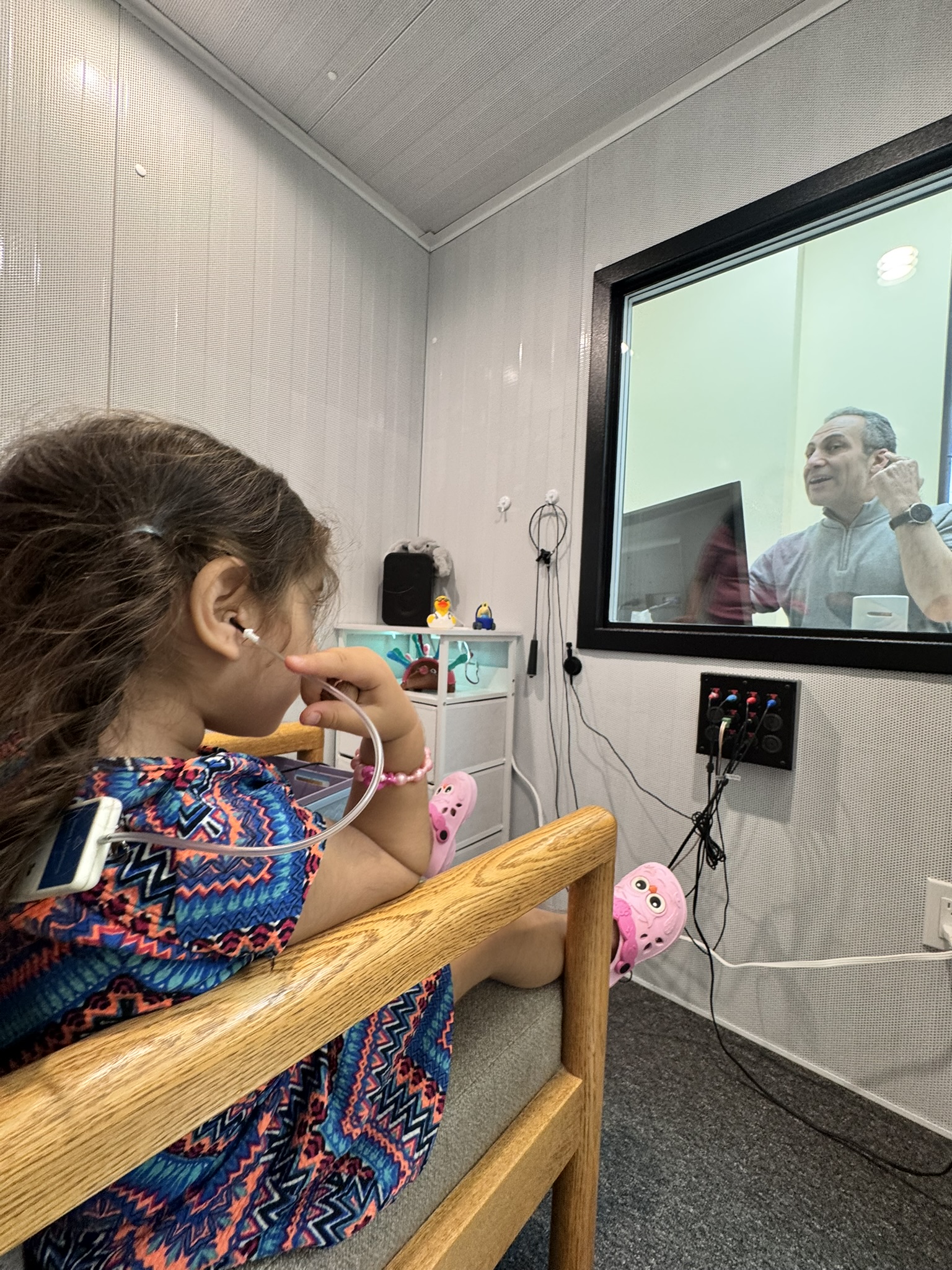Helping Little Ears, Growing Big Minds!
Children with Auditory Processing Disorder (APD)
APD makes it hard for children to process sounds, affecting learning and communication—early diagnosis and tailored support can help them thrive.

About Auditory Processing Disorder (APD) Issue
Auditory Processing Disorder (APD) affects how the brain interprets sounds, making it challenging for children to understand spoken instructions, especially in noisy environments.
Signs of APD:
- Difficulty following instructions
- Struggling to focus in noisy settings
- Challenges with reading and spelling
Auditory Processing Disorder (APD) Assessments
At Novasound Center, we understand the challenges children with Auditory Processing Disorder (APD) face. APD affects how the brain interprets sounds, making it difficult for children to process spoken language, especially in noisy environments.
Understanding Auditory Processing Disorder (APD)
Common Signs of APD
- Difficulty understanding speech in noisy settings
- Trouble following multi-step instructions
- Poor listening skills despite normal hearing ability
- Struggles with reading, spelling, and comprehension
- Easily distracted by background noise
Our APD Assessment Process Includes
- Comprehensive Hearing Evaluation: To rule out any hearing loss.
- APD-Specific Tests: Specialized assessments to evaluate auditory processing abilities.
- Detailed Reports: Clear insights and recommendations for parents, teachers, and therapists.
Personalized Intervention Plans
- Auditory training exercises
- Environmental modifications (e.g., classroom acoustics)
- Use of assistive listening devices
Empowering Your Child’s Success
What is the Management of Deaf Child?
Managing hearing loss in children requires early diagnosis, timely intervention, and ongoing support. Treatment may include hearing aids, cochlear implants, speech therapy, and special education programs. With proper care, children with hearing loss can develop strong communication skills and thrive both academically and socially.
At NovaSound Hearing & Balance, we believe every child deserves the chance to hear, learn, and connect. Through early testing and tailored solutions like hearing aids or cochlear implants, we help families support their child’s growth and communication.
